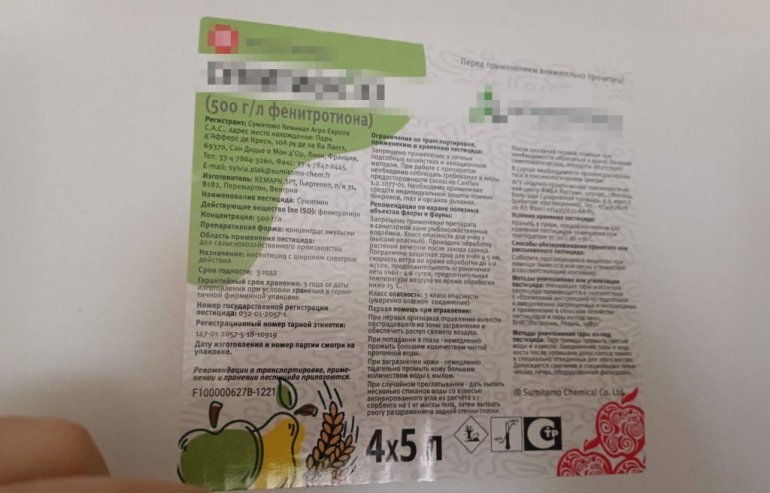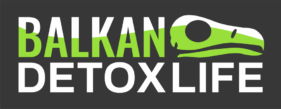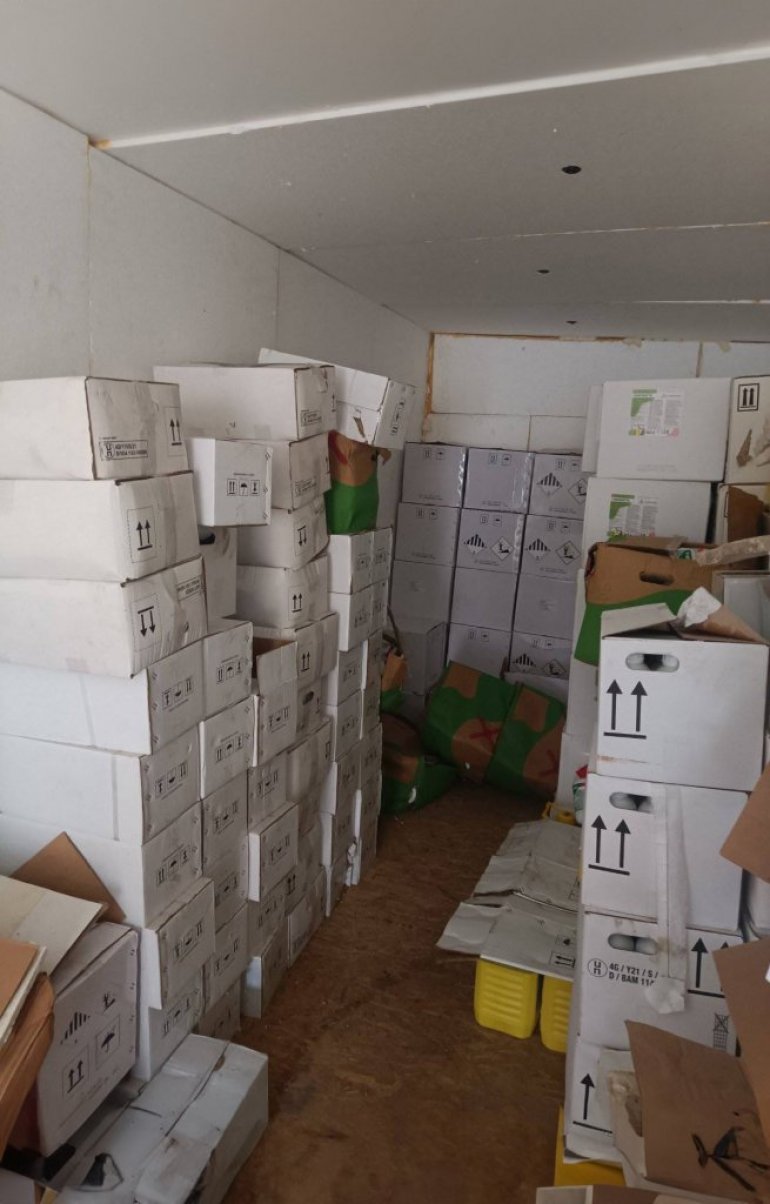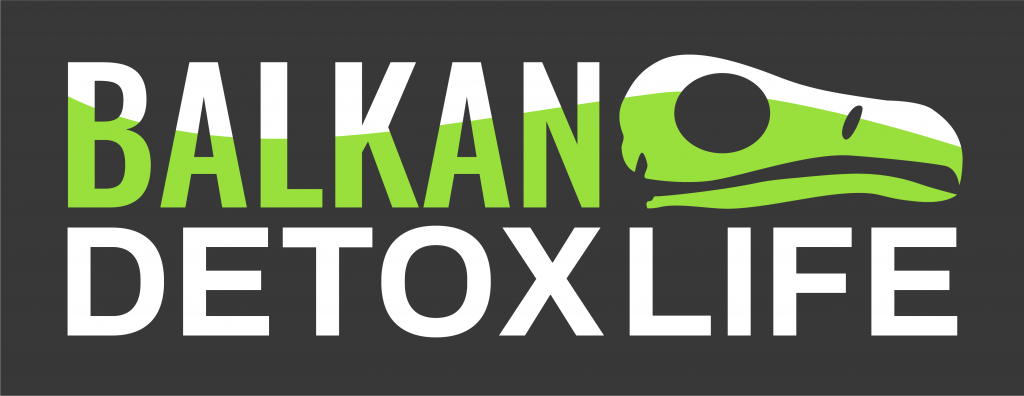In a significant crackdown on the illegal pesticide trade, authorities have arrested two individuals in Bečej, Serbia, for smuggling banned agricultural chemicals. This operation sheds light on the pervasive black market for such substances in Serbia and the broader Balkans, highlighting severe repercussions for wildlife, the environment, and public health.
A closer look at the Bečej operation
On 17 February 2025, the Ministry of Internal Affairs, in collaboration with the Criminal Police Directorate and the Police Administration of Kikinda, apprehended D. N. (48) and F. Ž. (37) on charges of unauthorized trade. Searches across multiple locations in Bečej led to the seizure of approximately 19,000 packages of herbicides, pesticides, and insecticides destined for the illegal market. Notably, some of these chemicals are prohibited for agricultural use in Serbia due to their high toxicity. Authorities also confiscated two million dinars, 10,000 euros, and six luxury vehicles, with the total value of seized items exceeding one million euros. The suspects are currently detained pending further legal proceedings.

The black market’s grip on the Balkans
Despite regulations, the black market for banned pesticides thrives in Serbia and neighbouring Balkan countries. The appeal of these illegal substances often stems from their lower cost and perceived effectiveness. However, their unregulated distribution poses significant risks. Investigations have revealed that such pesticides are frequently sold at local fairs, through online platforms, or by unlicensed vendors, making enforcement a difficult task. The widespread availability of these chemicals spotlights the challenges authorities face in curbing their distribution.
Devastating impacts on wildlife and ecosystems
The misuse of banned pesticides has catastrophic consequences for biodiversity.

Vultures, essential for ecosystem balance, are highly susceptible to poisoning. Between 2000 and 2020, an estimated 2,300 vultures perished due to poisoning in the Balkans. The illegal use of poison baits, often laced with substances like Carbofuran, has been a primary driver of this decline. Carbofuran, a highly toxic pesticide, remains prevalent in illegal markets despite its ban.
The indiscriminate nature of these poisons means that non-target species, including other birds of prey, mammals, and even domestic animals, are at risk. This disrupts food chains and leads to unforeseen ecological consequences.
Human health hazards
The dangers of banned pesticides extend beyond wildlife.
Carbofuran, among other banned pesticides, is extremely hazardous to humans. Even minimal exposure can be fatal if ingested, inhaled, or absorbed through the skin. Symptoms of poisoning include nausea, dizziness, respiratory distress, and in severe cases, death.
These chemicals can leach into soil and water sources, leading to long-term contamination. This not only affects drinking water quality but also accumulates in the food chain, posing chronic health risks to communities. Studies have linked prolonged exposure to pesticides with neurological disorders, reproductive issues, and an increased risk of certain cancers.
The importance of strengthening law enforcement
The apprehension of D. N. and F. Ž. is a key step in combating the illegal pesticide trade in Serbia and sends an important message to future offenders.
Reducing the availability of banned pesticides can prevent the death of many animals, including protected and threatened species like vultures, which have suffered immensely from poisoning.
Eliminating toxic chemicals from the market reduces the risk of accidental poisonings and long-term health issues among the public.
Such operations also serve as a deterrent to others involved in the illegal trade, emphasizing the consequences of engaging in unauthorized activities.
However, isolated arrests are insufficient and show that they just tapped into the tip of the iceberg. A comprehensive approach is necessary, encompassing stricter enforcement of existing laws, public education on the dangers of banned pesticides, and regional cooperation to prevent cross-border smuggling. The BalkanDetox LIFE project, for instance, has been instrumental in raising awareness and strengthening national capacities to combat wildlife poisoning across the region.

















